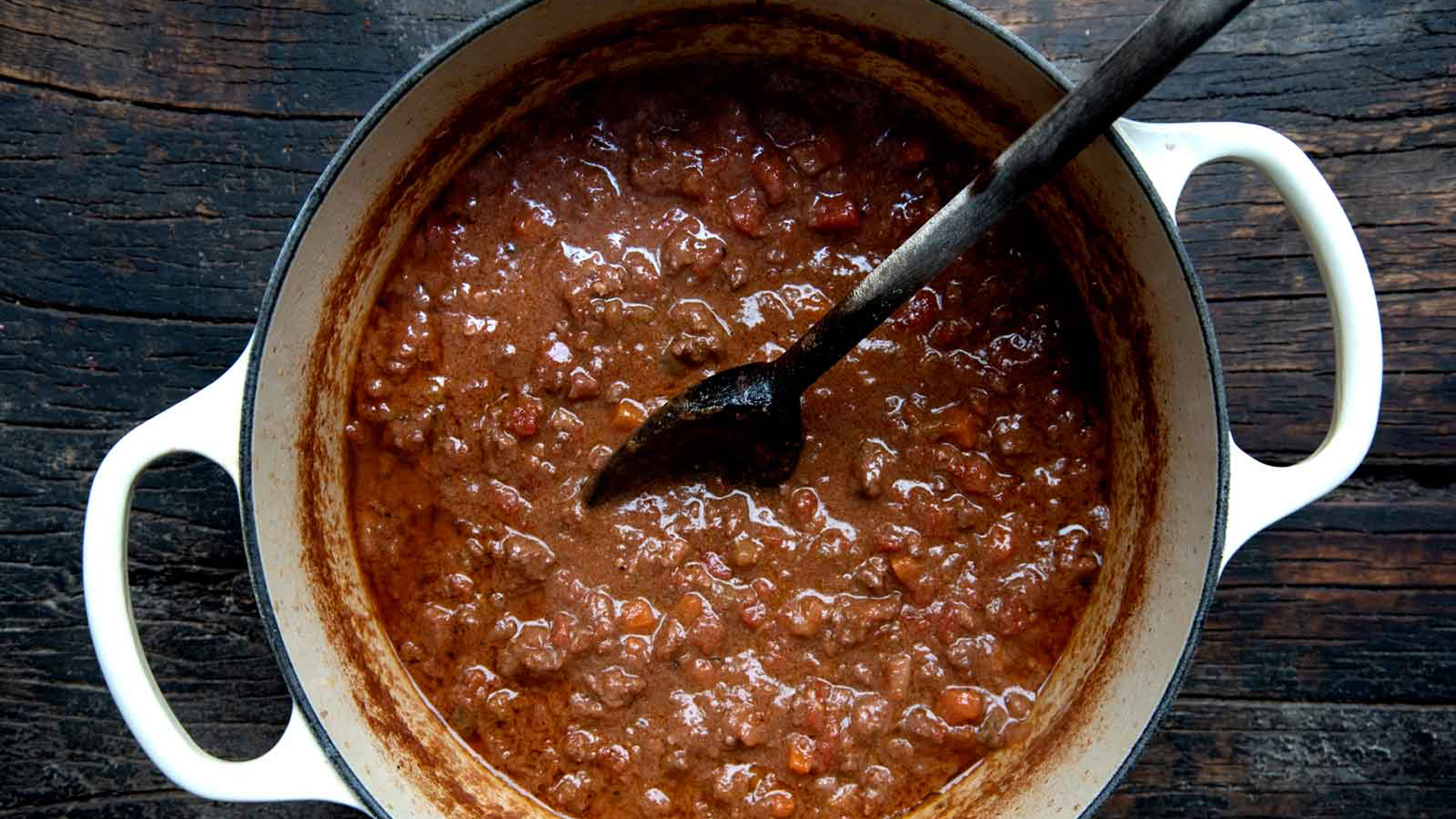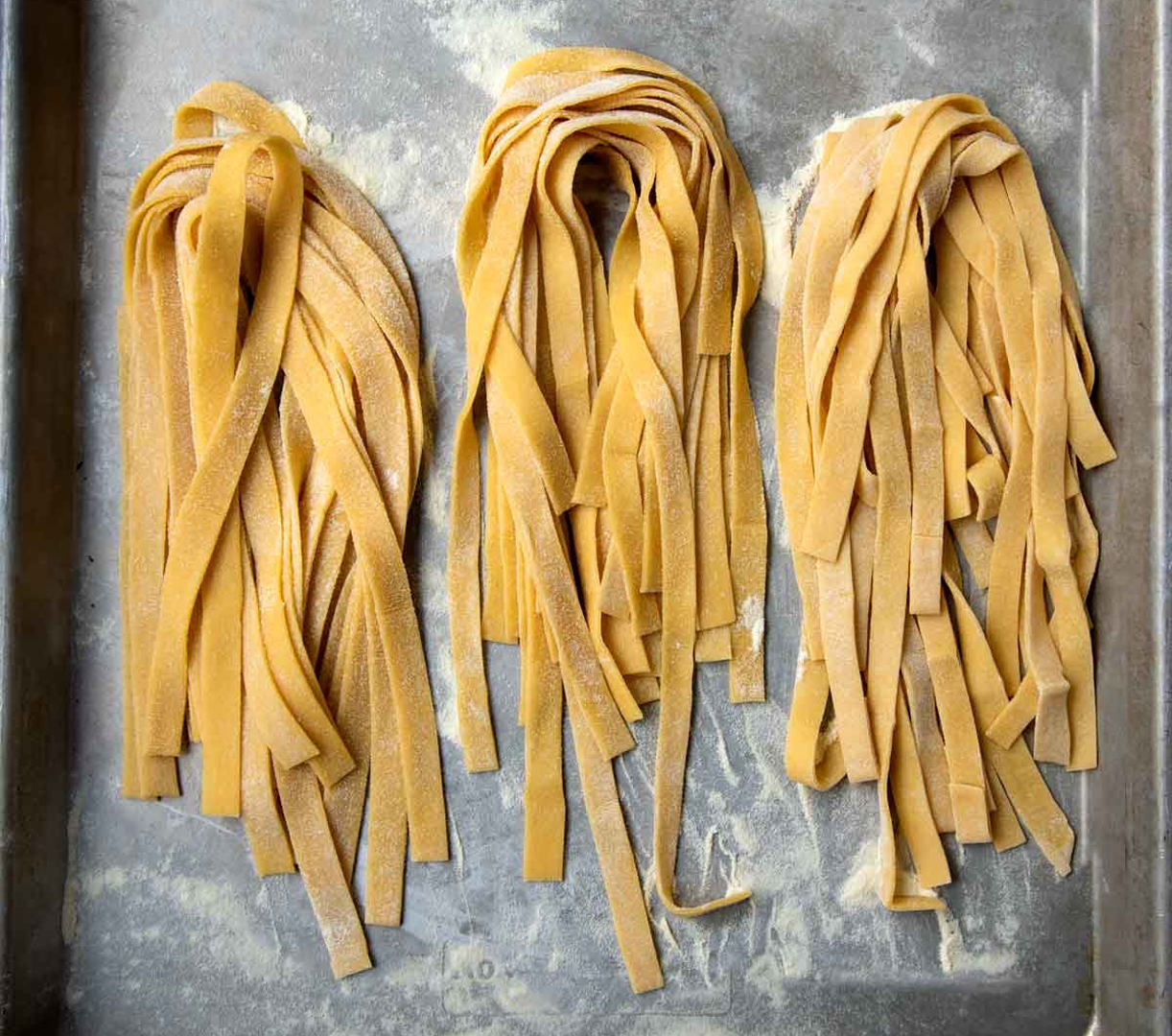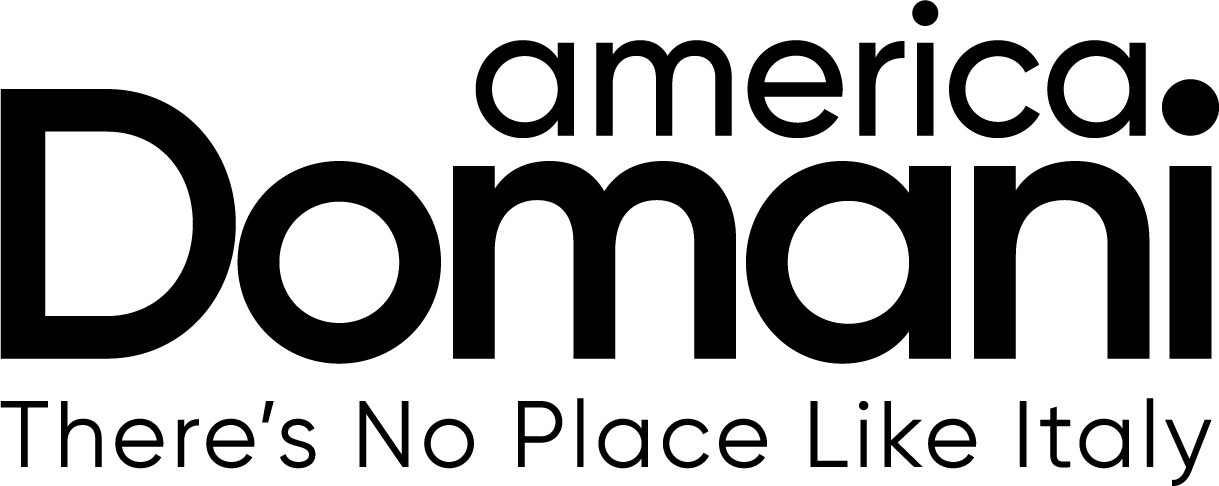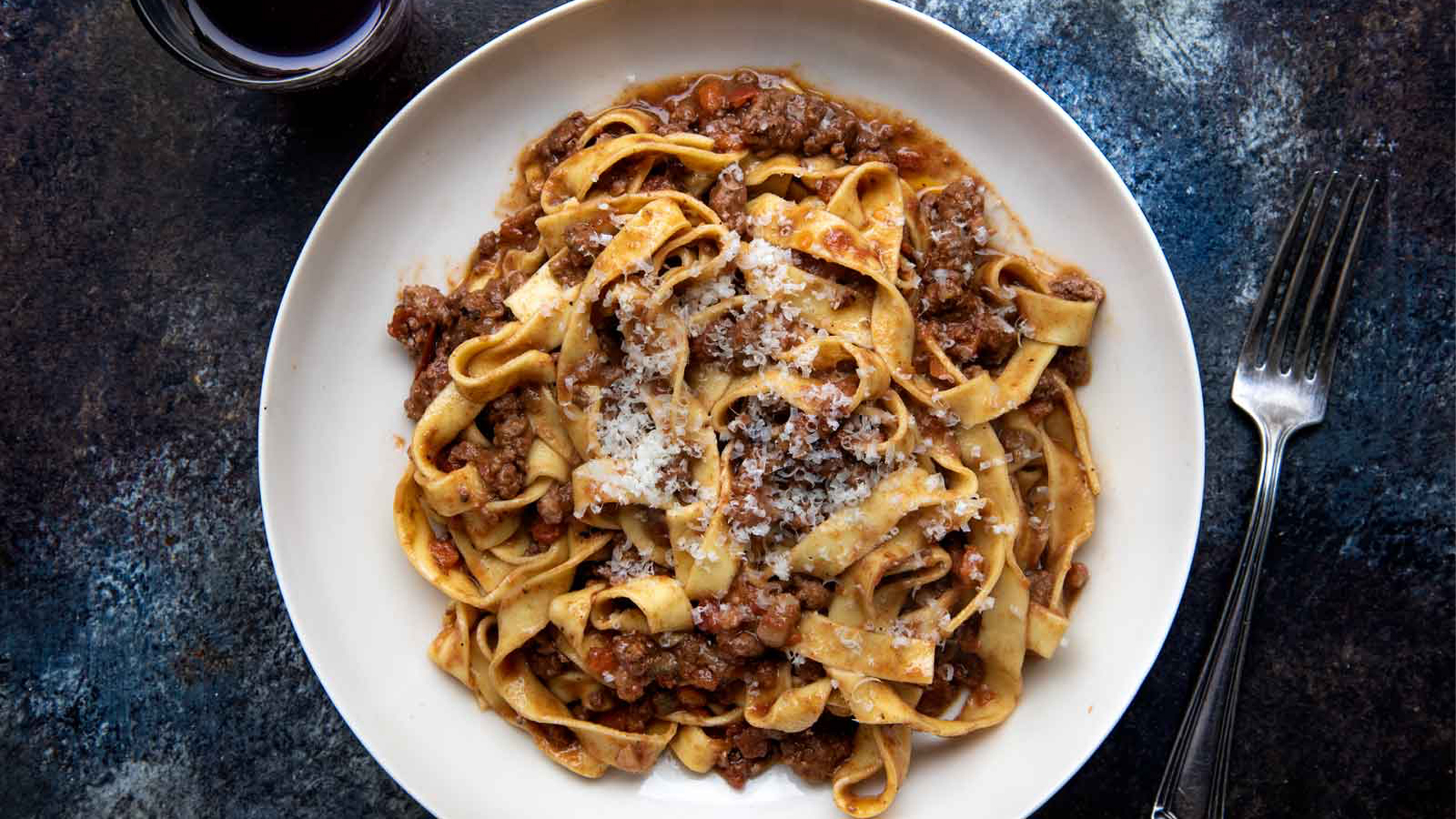Let's define ragú: In Italian, the word ragú refers to a thick meat sauce. Although, for some, it conjures the image of the (oftentimes nostalgic or horrifying) store-bought jarred sauce with the same name.
Back to authentic Italian cooking: Ragú Bolognese hails from the province of Emilia Romagna - where the city of Bologna is the culinary seat of freshly made pasta - and is a dense, rich, and comforting meat sauce recipe that dates to the 15th century. It’s made with chopped beef, veal, pancetta, and aromatic vegetables that are allowed to simmer for hours, rendering deep flavors. It's traditionally served over tagliatelle —a long flat pasta shape with a thickness that falls between the thinner taglierini and wider cut fettuccine.

What’s the difference between ragú from other Italian regions and ragú Bolognese you might ask? The latter uses less tomato and includes the addition of white wine and milk. This thick sauce is full of nourishment since it includes a good amount of protein and aromatic veggies, making it a perfect, family-friendly staple to have on hand.
Other ways to serve Ragú Bolognese include Lasagna al' Ragú Bolognese with the meat sauce layered between fresh pasta sheets, and bound by a creamy, white “besciamella” sauce— and Pappardelle al' Ragú Bolognese, whereby the sauce clings to long, flat ribbons of pasta. Batch cook Ragú Bolognese, slow cooking a big pot, and freeze leftovers to make the more time-consuming Lasagna al' Bolognese for Sunday supper. We broke it down and made it super-easy for you.

Make sure you don’t skimp on the trio of meats since each does its part in creating the classic flavor profile —aromatic, and well-balanced meatiness with a perfect pop of pork.
Pappardelle al’ Ragú Bolognese
Serves 4, freeze leftover ragú
Directions
Theresa Gambacorta
Theresa Gambacorta is a writer and cookbook co-author. Her writing has appeared in such titles as La Cucina Italiana, Spin Magazine, Men's Fitness, Muscle and Fitness, and Centennial's special interest publications. She is the co-author of chef Joey Campanaro's Big Love Cooking (Chronicle, 2020), chef Nasim Alikhani's Sofreh (Knopf, 2023), and the forthcoming vegan cookbook, Eat What Elephants Eat by activist Dominick Thompson (Simon Element, 2024).


